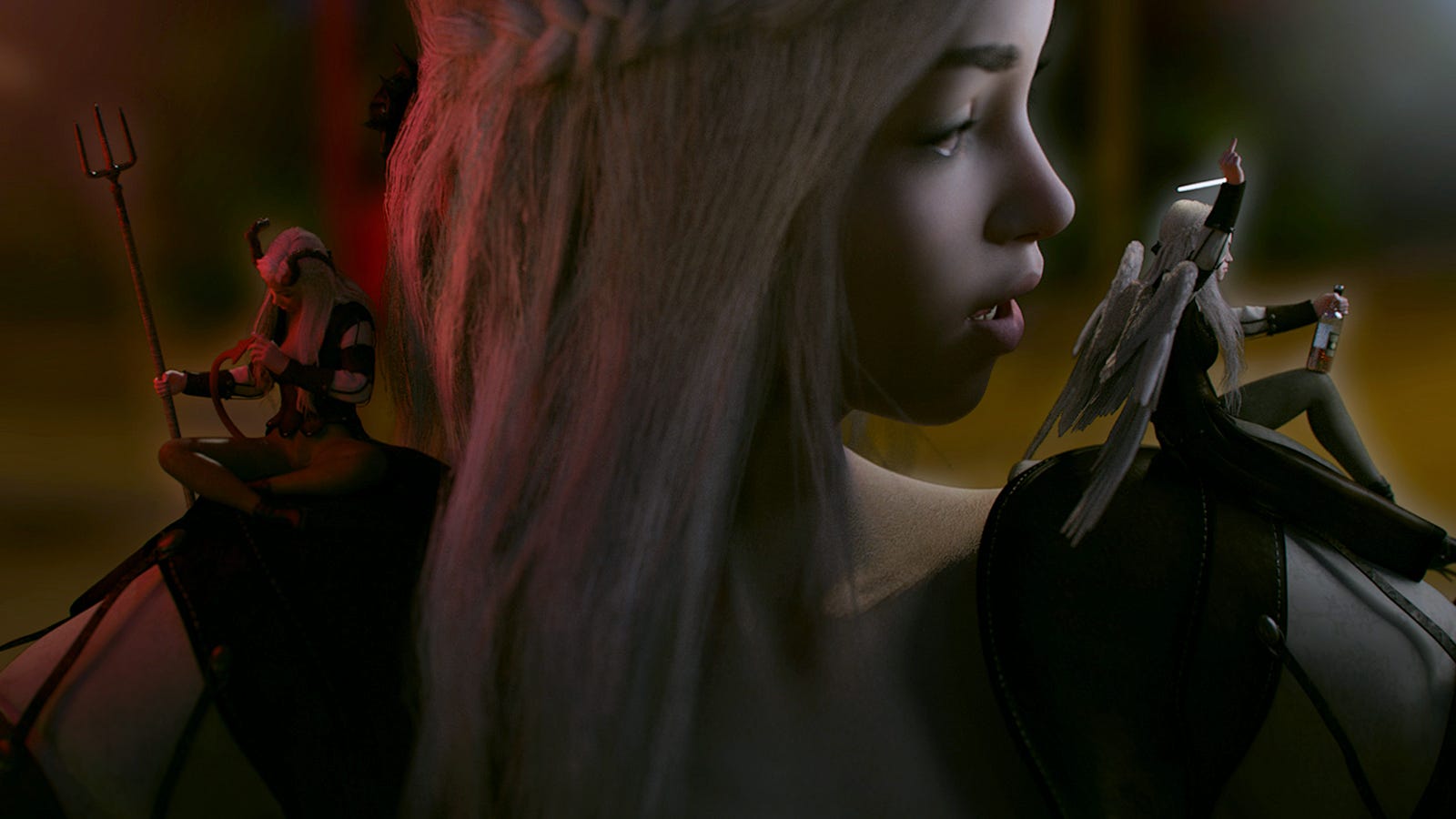
“Each group nourishes its own pride and vanity, boasts itself superior, exists in its own divinities, and looks with contempt on outsiders.” — William Graham Sumner, 1906
You are a changemaker within an organisation. Your suggestion will benefit a different department. You don’t have any agenda, you just want to help your colleagues and contribute towards the much-needed transformation of the organisation. You arrange a coffee with the right person. You pitch the idea and they nod politely, say it was great to catch up and there is no follow up. You send a follow up email, but you never hear back. You catch their eye in the canteen, but they pretend not to see you. Your idea is stillborn. This happens to you several more times within the complex organisation you work for. Eventually, you have enough, and you leave, join a startup where the founders love your energy. You achieve outstanding success, but the organisation loses. They know it, but can’t bring themselves to change their ways. What the heck just happened?
Our evolutionary nature hampers our ability to create, collaborate and innovate. Humankind originated on the great plains of Africa. Back then, it was very important for us to uphold the values, characteristics and beliefs of our tribe. Equally, it was essential for us to identify quickly if someone was not part of our tribe. The priority was survival; tribal leaders considered any radical change as threats to survival. Such a response made sense when man-eating animals were on the loose, but not so much when modern professional demands require us to think critically and act collaboratively.
While there are several reasons that your colleagues dismissed your ideas, the one I want to focus on for this Thursday Thought is a cognitive bias called The Halo and Horns Effect.
The Halo and Horns Effect

Humans process information quickly to organise the increasingly complex world around us (this conserves valuable energy). We subconsciously place people we meet into categories such as gender, race and a plethora of others. Because of our tribal origins, we quickly categorise people as being part of our own group or “ingroup” or part of an “outgroup”. By being part of the outgroup, we consider an outsider “suspicious” until proven “acceptable”. These implicit biases and our beliefs, assumptions, and experiences about the world cloud our judgements and hamper our ability to innovate.
A detrimental bias related to the ingroup and outgroup bias is the “Halo and Horns effect”. The Halo/Horns Effect is a cognitive bias where our impression of another can substantially influence our thoughts and feelings about that person. A workplace example of the Halo/Horns Effect is hiring. If an interviewee worked for a successful and reputable company, we can automatically judge that person as successful and reputable. If you went to the same school as a colleague, you may rate their work higher than someone who you have less in common with.
Let’s bring this back to your failed workplace suggestion. Before you ever sat down for that cup of coffee, you may have been at a disadvantage. Perhaps the department you work for has a negative history with their department. Perhaps the heads of the department do not see eye to eye. Digital and Innovation departments often suffer from the Horns effect. The department head represents a change to the status quo, which represents a threat to other departments. The chief of the other tribes (departments) influence their tribe to see any member of the Innovation or Digital tribes as a threat, and thus your idea never stood a chance.
This is one of the many reasons over 70% of transformation efforts fail. You need to align the tribal behaviours. You need to change mental models before changing business models. This is also why you need organisational leadership actively involved in transformation efforts.
Our brains have evolved slowly over thousands of years. It made sense on the savannah to be sensitive when encountering unfamiliar people and novel experiences. Being wrong did not mean loss of credibility or status, but potential death. We are programmed to notice “foe” before we notice “friend.” To notice potential “loss” before we consider potential “gain”. Therefore, collaboration, critical thinking and neurodiversity are essential in the workplace. We are bad at recognising when our own thinking is faulty. We need others to bring fresh perspectives to the table and more easily see what you can’t see.
“We are very influenced by completely automatic things that we have no control over, and we don’t know we’re doing it.” — Daniel Kahneman
THANKS FOR READING
If you are interested in these topics on bias, you will enjoy the innovation show episodes on bias available as a playlist here:
On the Innovation show this week we had two great guests, Kris Østergaard and Bill Treasurer
Anywhere you find your podcasts:
Have a Listen:
Soundcloud https://lnkd.in/gBbTTuF
Spotify http://spoti.fi/2rXnAF4
iTunes https://apple.co/2gFvFbO
Tunein http://bit.ly/2rRwDad
iHeart http://bit.ly/2E4fhfl
Kris Østergaard provides real-world advice and research-based information on how to grow innovation by employing new technologies, improving processes, and establishing a culture of creativity and forward momentum.
Conventional business wisdom views innovation as the biggest advantage startups have over large, established organizations, often referred to as legacy organizations.
This belief is false, especially when considering that 70% of all startups fail within 20 months of their first venture round. The truth is innovation initiatives of legacy organizations have far better chances of succeeding.
Organizations with superior resources — money, customers, suppliers, data, employees, infrastructure — can overcome challenges from new entrepreneurial ventures: knowing how to leverage their underutilized advantage is key for achieving sustained, long-term innovation success.
More about Kris here: krisoestergaard.com/
su.org/about/faculty/kris-ostergaard/
There are plenty of leadership how-to books, filled with advice such as “Just do this to get ahead!” Lots of books tell you how to become a leader, this book tells you how to stay successful once you’ve reached a leadership role.
This episode and today’s book helps aspiring, early-stage, and experienced leaders alike answer a critical question: “How will I use my leadership power?”
Being a good leader doesn’t require being a bad person, and if you know what to look out for, you can keep your ego and hubris in check and become (and stay) a leader who is effective, successful, and good.
We welcome Bill Treasurer, the author of: “The Leadership Killer: Reclaiming Humility in an Age of Arrogance.”
More about Bill here:
www.giantleapconsulting.com/killer/